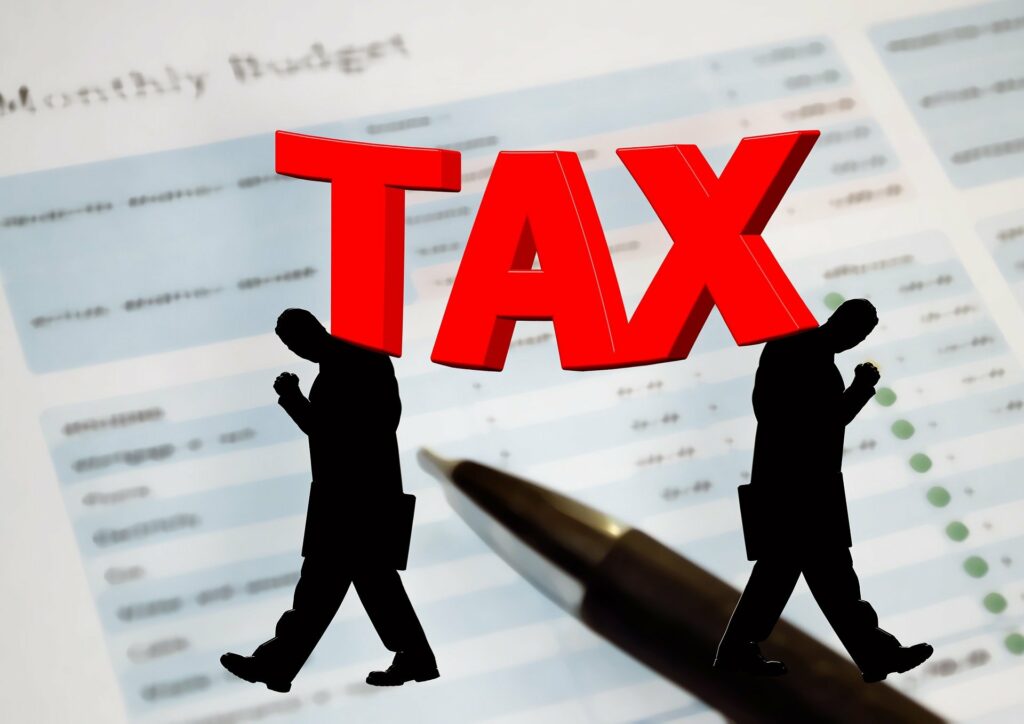
The obligation for filing your taxes in Canada is primarily based upon an individual’s residency status. The tax obligations of a non-resident however differ from those of a resident.
Regarding the determination of a taxpayer’s residency status, below are some of the factors that are taken into consideration by the Canada Revenue Agency (CRA), or by an accountant in assessing an individual as a non-resident:
- when a taxpayer normally resides in another country
- the lack of significant residential ties in Canada (discussed below)
- residence outside of Canada throughout a tax year
- residence within Canada in a tax year being less than 183 days
To further dig deeper into what it means to have significant residential ties in Canada, below are some of the primary factors that play a key role in determining the residential ties of a taxpayer
(a) having a dwelling place (i.e. a home) in Canada,
(b) a spouse or common-law partner in Canada, and
(c) dependants in Canada
To list a few, below are some of the secondary residential factors to also take into consideration:
- Personal-use property in Canada
- Certain social and/or economic ties via memberships in Canadian organizations or Canadian bank accounts
- Canadian valid driver’s licence and/or passport
- Canadian health insurance
Ultimately, the CRA will assess a taxpayer’s residential status according to its guidelines and interpretations based on primary, as well as secondary factors that influence a taxpayer’s residential status.
Income Tax Obligations for Non-Residents of Canada:
In the case that you have been assessed as a non-resident by either assessment from CRA or through consultation with an accountant, you may still be required to file income tax returns and be liable for taxes under certain conditions, such as under the following:
- You earned income from employment in Canada
- You earned income from a business carried on in Canada
- Sold a taxable Canadian property
- Taxable part of Canadian scholarships, fellowships, bursaries, and research grants
The Canadian taxes for non-residents generally include Part I tax for self-employed or employed income, or Part XIII tax for dividends, rental income, pensions, income from retirement, annuity payments along with other investment income sources. Part XIII tax is at the rate of 25%, and is generally considered to be the final tax obligations for non-residents.

Part I tax is deducted for specific types of income:
These sources of income can include income from employment or business. It also includes Canadian scholarships and research grants or any income earned from selling a property in Canada. This type of tax is generally deducted at source by the payer.
Your tax obligations at the end of the year may vary depending upon various factors and you are required to file a tax return reporting these payments.
Part XIII tax is applicable to incomes from:
- dividends
- rental and royalty payments
- pension payments
- Old Age Security pension
- Canada Pension Plan and Quebec Pension Plan benefits
- retiring allowances
- RRSP payments
- Registered Retirement Income Fund payments
- annuity payments
- management fees
To ensure that you are not overcharged for the amount of tax you owe it is important that you notify your employers or others who pay you that you are a non-resident of Canada for taxation purposes. Non-Resident Tax in Canada is usually deducted at a rate of 25%, unless your country has a tax treaty with Canada. Mostly this kind of tax is non-refundable and it is not mandatory to file a tax return for it unless you receive old age security payments which are an exception. If an incorrect amount of tax was deducted from your income you can contact the CRA to request further investigation.
Old Age Security Payments and Recovery Taxes
If you are a non-resident receiving old age security you need to file an Old Age Security Return of Income. This form calculates your recovery tax, however it does not calculate the income tax. In the case that you are a high-income pensioner, you might be required to pay back some of your OAS payments in the form of a recovery tax. This 15% tax applies to income over a certain threshold amount.
Non-Resident Tax Filling Canada
Non-residents will need to file the specific return for non-residents, which is the ‘Form 5013-R T1’ (Income Tax and Benefit Return for Non-Residents and Deemed Residents of Canada).
Mostly, taxpayers use their Social Insurance Numbers on these forms but in the case that you do not have one, you may obtain an Individual Tax Number using Form T1261, you may have to file additional forms depending upon your income type.
Non-Resident Withholding Taxes/Elective Returns
Canadian payers are required to withhold tax on payment of certain types of income to non-residents. For some specific types of incomes, non-residents are required to file a non-resident income tax return which may allow refund of part or all of the non-resident withheld tax. Another option can be to file an NR5 Application by a Non-Resident of Canada for a Reduction in the Amount of Non-Resident Tax Required to be Withheld for Tax Year. This application helps in determining whether filing a Section 217 elective return will be beneficial and once approved the reduction may be effective for 5 years.
As these filing or non-filing requirements of personal taxes may seem complicated to many, especially the non-residents who are not familiar with Canadian regulations, it may be best to hire a professional accountant to do this cumbersome task for you. You can book a telephone consultation here with one of our accountants to guide you through this.
FAQs
1. Do non-residents have to pay taxes?
In some cases, yes. Mostly the taxes that a non-resident owes are withheld at source and are then filed on a tax slip to CRA.
2. What is the non-resident tax in Canada?
The amount a non-resident owes in tax may differ depending upon the type of income it is. A tax expert can make the assessment for you as to how much you owe in the form of taxes.
3. What is exemption from withholding?
In some cases, exemption is available but only a tax expert would be able to assess if that exemption applies to your income or not.
4. How is non-resident income tax calculated?
A non-resident income tax is calculated based on the source of income you earned it from. A tax expert would be able to calculate the exact percentage of tax you owe to Canada.